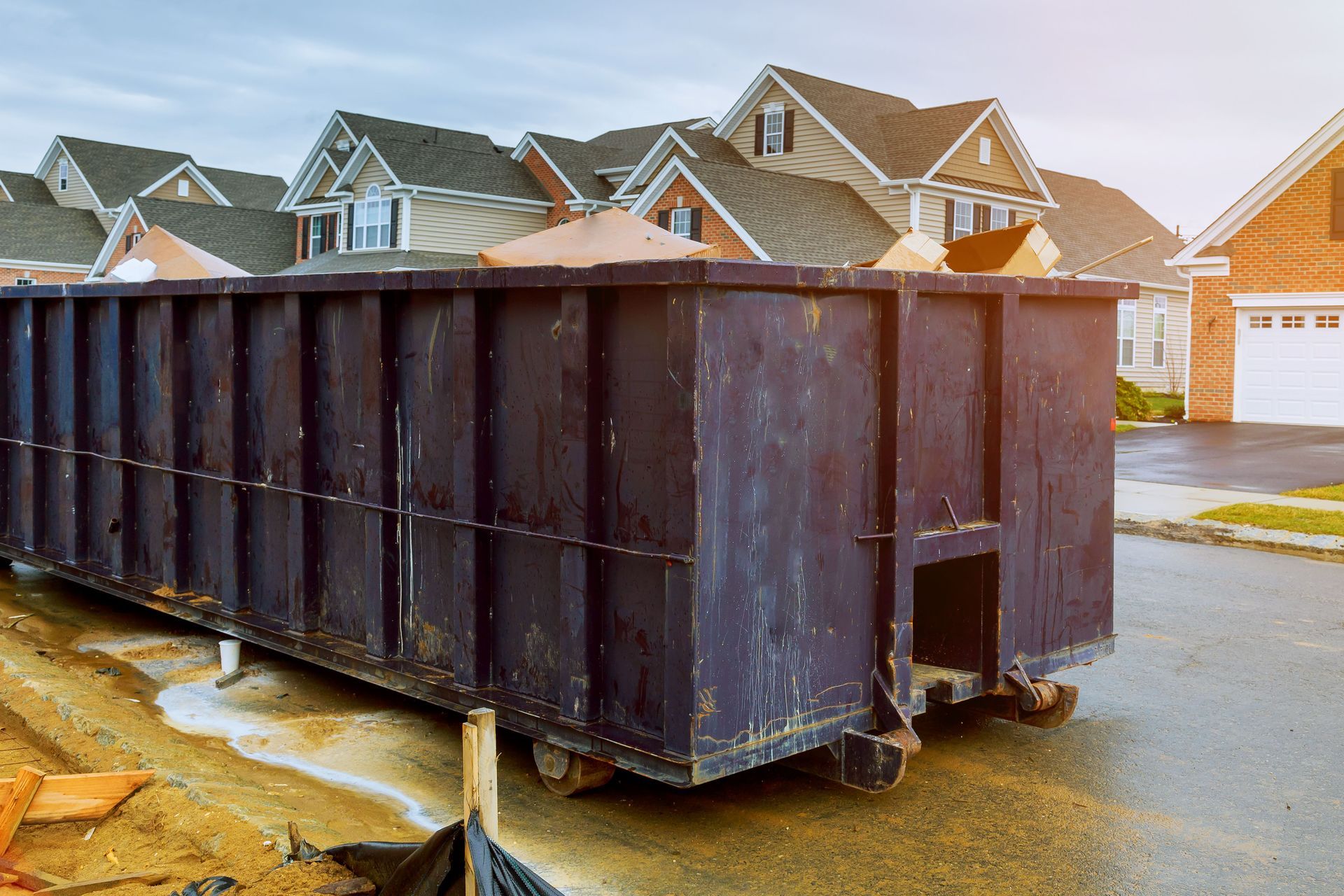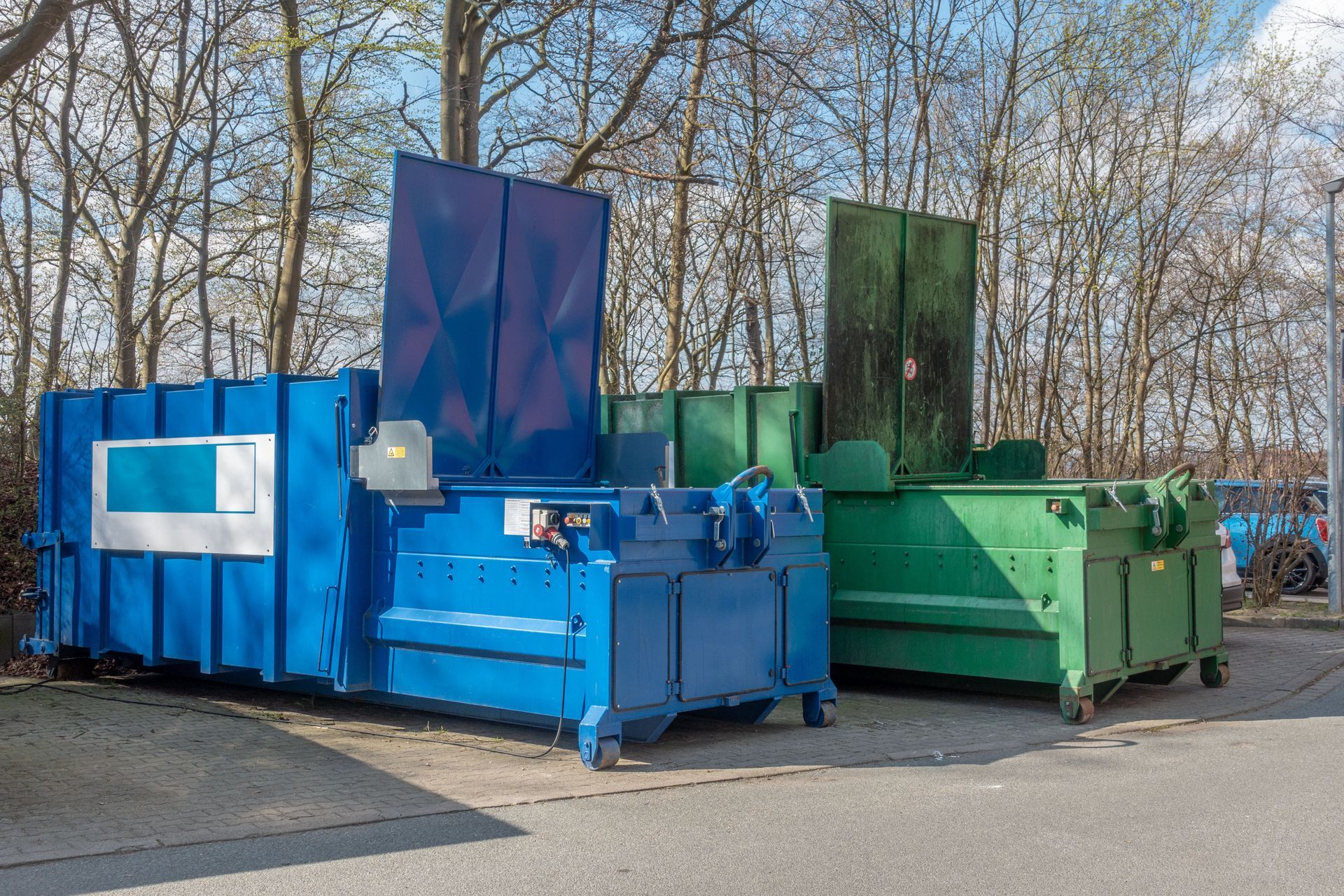When to Consider Professional Recycling Equipment Repair
The importance of recycling cannot be overstated in our fast-paced industrial realm. Advances in recycling technology have led to more sophisticated machinery, which requires maintenance to ensure sustained efficiency. As the global movement towards sustainability grows, facility operators must be adept at recognizing the signs that indicate when their machines need professional attention. By being proactive, they can prevent costly breakdowns and ensure that the equipment operates at peak performance. This article will explore key considerations manufacturers and facility operators should keep in mind when evaluating the necessary recycling equipment repair.
Common Signs You Recycling Equipment Repair
Recycling equipment that operates less efficiently can lead to increased processing times and operational costs. Machines may experience reduced throughput or produce lower quality output, signaling potential underlying problems. In facilities where recycling processes directly impact profit margins, even small decreases in efficiency can have significant consequences. Identifying and addressing the causes of decreased efficiency early on can prevent more severe damage. Routine performance assessments and benchmarking against original equipment standards are essential in monitoring machine efficiency.
Recycling machines often generate a predictable hum of activity, but unexpected sounds can indicate issues. Unusual noises, such as grinding, squeaking, or banging, often precede mechanical failures. These sounds may result from misaligned components, worn parts, or foreign objects obstructing normal operation. Operators should be trained to identify unfamiliar sounds and understand their potential implications. Proactive management is vital, as addressing these noises promptly can avert more serious malfunctions.
Consistent downtime disrupts productivity and can be symptomatic of deeper issues and signal a need for recycling equipment repair. Upon noticing frequent stoppages, operators should investigate to determine whether repairs or replacements are necessary. Regular inspections can pinpoint failing components that cause these interruptions. Documenting breakdown incidents helps technicians trace patterns and identify root causes effectively. Consequently, scheduling timely repairs can maintain consistent operation and avoid long-term downtime.
The Risks of Delaying Professional Repairs
Delaying necessary maintenance sets the stage for more expensive future repairs or complete equipment failure. Over time, minor issues exacerbate, turning into significant problems that require extensive intervention. Without regular professional assessments, facilities risk overlooking warning signs that could have been rectified with minimal downtime and cost. Waiting too long to address problems not only increases repair expenses but may also necessitate purchasing new equipment entirely. Proactive repair schedules mitigate these risks and ensure machinery's longevity.
Equipment in disrepair often struggles to maintain consistent product quality, jeopardizing recycling output standards. Inconsistent operation can lead to contamination or inefficiency, affecting recyclable materials' suitability for processing. According to the American Forest and Paper Association, there was a paper recycling rate of 65% to 69% in 2023, highlighting the industry's reliance on effective equipment. Consistent machinery performance is vital to uphold these standards within regulatory compliance. Ensuring all machinery operates optimally sustains both quality and compliance.
Faulty recycling machinery poses potentially severe safety risks for operators working in proximity. Malfunctioning equipment can cause accidents or injuries due to sudden movements or unexpected failures. Wear and tear left unchecked can result in parts detaching during operation, amplifying risks. Prioritizing regular maintenance minimizes hazards and protects workers' safety. Safe operating environments assure compliance with occupational safety regulations and victim risk reduction.
Professional Repair Service
Professional repair services equipped with certifications and expertise assure facility operators. Certified technicians possess the necessary training to efficiently diagnose and resolve equipment issues. Their specialized knowledge reduces the likelihood of repeated faults or improper repairs. Seeking knowledgeable professionals ensures adherence to manufacturer maintenance guidelines, enhancing equipment longevity. Familiarity with complex systems enables technicians to identify and address nuanced mechanical problems accurately.
A repair service's reputation offers insight into its reliability and quality of work. Potential clients should review past performance, testimonials, and client feedback to assess likely future performance. A high-quality repair service earns consistent positive feedback and fosters repeat business through demonstrated capability and client satisfaction. Engaging a reputable service mitigates the risk of poor workmanship or missed repair opportunities. Commitments to ongoing improvement help maintain exemplary service standards and surpass client expectations.
Access to timely repair services limits operational disruptions, safeguarding productivity levels. Quick response times minimize downtime by ensuring skilled technicians promptly address issues. Evaluating service availability aids in selecting partners capable of fulfilling urgent repair needs without significant scheduling delays. Proactive service providers offer regular check-ups, preemptively identifying potential problems before escalating. Reliable availability and swift responses are integral to minimizing equipment-related downtime.
Preventative Measures to Reduce Repair Frequency
Implementing regular recycling equipment repair forestalls wear and tear, safeguarding the machinery's condition. Continual inspections and minor adjustments prevent small issues from mushrooming into major problems. Preventive maintenance extends machinery lifespan, boosting cost-efficiency by deferring significant repair expenses. Establishing consistent schedules enforces discipline amongst operators, promoting thorough machine care. Frequent check-ups enable data collation on machinery performance, guiding ongoing operational improvements.
Employees equipped with relevant technical knowledge better preserve machinery through informed usage. Training programs guide operators in equipment handling, emphasizing best practices and correct procedures. Well-educated employees quickly identify aberrations or inefficiencies within machinery, enhancing early problem detection. Proactive training initiatives enable operators to assist in preventive maintenance efforts, further reducing repair frequencies. Empowered employees contribute to operational efficiency, increasing success in meeting productivity goals.
Innovative monitoring technologies facilitate real-time data collection, assisting proactive maintenance activities. Sensor implementation alerts operators to irregular performance patterns or emerging faults in machinery components. Progressive systems supply critical analytics detailing machine operation, aiding informed decision-making. Monitoring technology minimizes manual checks, reducing labor intensity and sustaining consistent machinery observation. Providing actionable insights enhances fault anticipation before impacting operations, minimizing unplanned downtimes.
Warranty and Equipment Insurance
Navigating available warranty options ensures informed choices, enhancing protection and service. Comprehensive warranties safeguard significant repair costs from arising unexpectedly, providing peace of mind. Evaluating different coverage options assists operators in assessing protection quality against diverse equipment needs. Extensive warranties deliver value by mitigating future financial obligations should repairs become necessary. Clarifying warranty terms ensures a consistent understanding of protection expectations and limitations.
Reviewing coverage inclusions and exclusions minimizes misinterpretations surrounding warranty scope and obligation. Identifying applicable components and issues ensures comprehensive protection from potential equipment failures. Understanding conditions negating coverage supports adherence to warranty stipulations, safeguarding continued eligibility. Highlighting exclusions reinforces client awareness regarding scenarios necessitating alternative strategies for unanticipated repairs. Evaluating warranty specifics fosters informed decision-making, tailoring coverage to unique machinery profiles.
Acquainting oneself with the claims process simplifies coordination during warranty execution. Familiarity allows smooth interactions between facility operators and warrantors, expediting service delivery. Coordination accuracy assures prompt report submissions and receipt documentation to claims departments. Adequate claim documentation ensures efficient validation, minimizing procedural delays impacting equipment operation. Streamlined claim handling enhances service provision, contributing to client satisfaction and affirming warranty relevance.
Timely identification and intervention through professional recycling equipment repair can significantly impact maintaining operational efficiency and reducing long-term costs. The role of trained professionals and thorough analysis cannot be underestimated in mitigating the risks of machine downtimes and ensuring a sustainable recycling process. By considering the outlined factors and scenarios, facilities can enhance their machinery's lifespan and performance. Ultimately, effective machine management ensures that operations remain efficient, productive, and compliant with regulatory standards. Through ongoing diligence and commitment to equipment excellence, recycling facilities fortify sustainability objectives ingrained in ongoing success. For more information about the services that we offer, reach out to our incredible team at PCI Waste and Recycling Equipment today!



Share On: